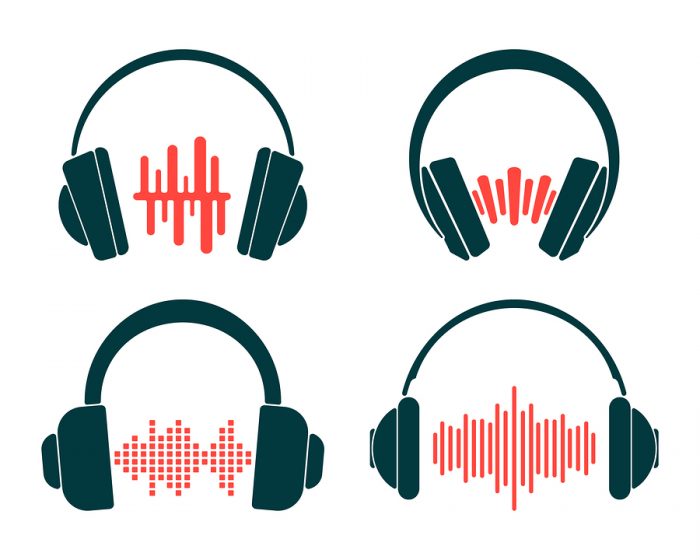Music therapy is a supplementary therapy modality that is used in treating mental illness. Recently, addiction centers have started offering music therapy as part of addiction treatment. What is music therapy and what part does it play in addiction recovery?
What is Music Therapy?
Music therapy involves the use of music to facilitate the experience of emotions as well as self-expression. Everyone knows the impact a moving song can have on them, no matter how they happen to be feeling at that time.
Music can amplify certain feelings, while making them easier to confront at the same time. There is no doubt that through music you can discover the beauty in pain.
Therefore, music therapy involves both listening to and participating in the creation of music. This participation can include movement, singing, playing instruments, or even creating your own melodies. Music has a different impact on different people, and a music therapy session can be less structured than other forms of therapy, following the process of the individuals involved rather than a set routine.

How does Music Therapy help in addiction recovery?
There are a number of reasons music therapy helps in addiction recovery. As mentioned, music can help an individual feel or express emotions that they struggle to put into words. This makes it easier to process those emotions, even before fully understanding them.
Music therapy also helps individuals connect more deeply with themselves. Music can move you to express yourself in very authentic ways, whether through movement, singing, or playing an instrument. That sense of connection can ground you more fully in your body, increasing your capacity to manage difficult emotions and cravings.
Many recovering addicts are also suffering from depression, which makes it difficult to experience pleasure. Anhedonia – or the lack of pleasure in things one once enjoyed – is one of the most common symptoms of depression. In many cases, people suffering from depression start using substances in order to feel something. Music can activate dopamine receptors, bringing the sense of pleasure that the person has been missing.
Certain types of music can also help people relax or even fall asleep. For individuals who struggle to shut their thoughts off or release tension from their bodies, music therapy can be a powerful tool, letting them become calm without having to battle against their own mind.
Alternative addiction treatments in rehab
Music therapy is just one of the alternative addiction treatments available in rehab centers. There is no one right way of treating addiction. While certain treatments work for many residents in rehab, the addition of alternative addiction therapies can be extremely helpful in supplementing the process.




